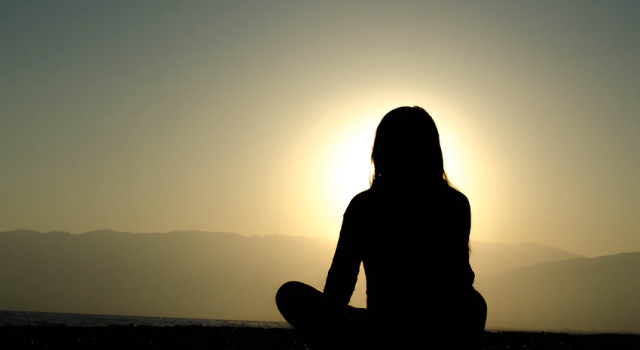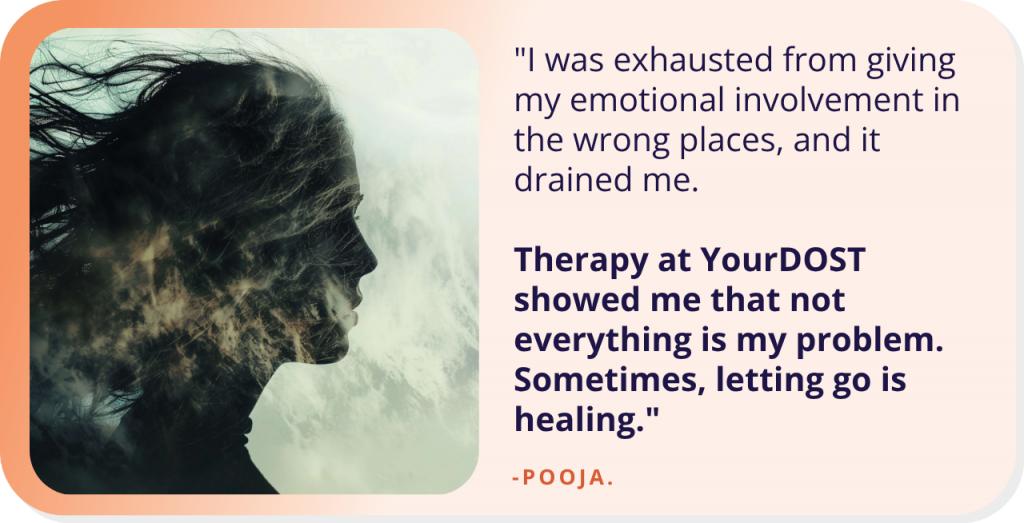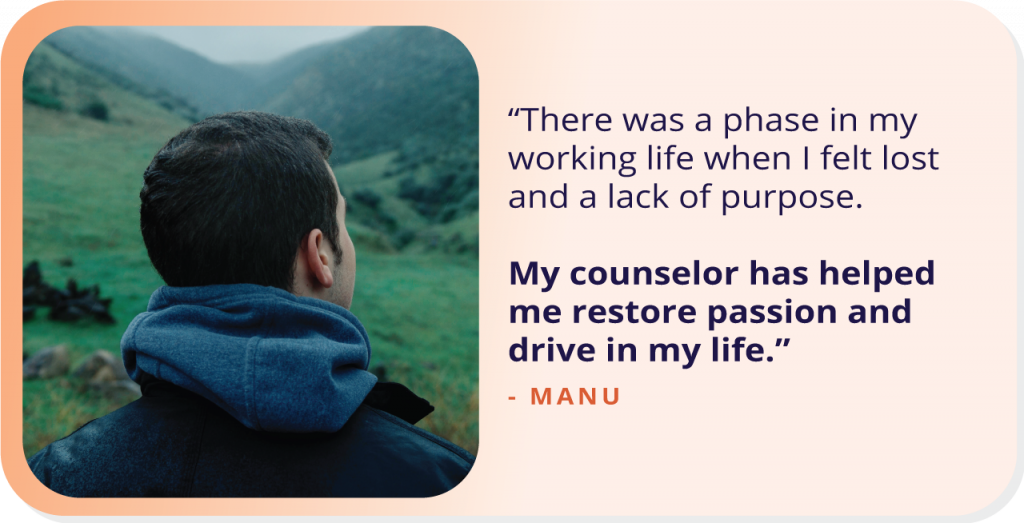A New Normal – Life After Lockdown
Life as we knew it was thrown into turmoil when on 24th March, 2020, the Indian government announced a nationwide lockdown, to “flatten the curve” in our battle against the COVID-19 pandemic. The impact of this pandemic on the economy, employment and our society in general, has been massive. Even more alarming is it’s impact on the nation’s mental health.
According to a recent study conducted by YourDOST, Over 55% of Indians have experienced a rise in their stress levels during the lockdown. Additionally, feelings of anxiety, anger and loneliness have also increased immensely with a net increase of 41%, 38% and 29% respectively.
Even as the lockdown is being lifted in most cities, it’s highly unlikely that we’ll be willing to risk flying in a plane, or for that matter, venturing into a mall or multiplex, anytime soon.

Infact, according to the YourDOST study, 90% of Indians residing in areas where lockdown has been lifted, are still uncomfortable with venturing out like they used to in pre-lockdown times.
So what’s stopping them from venturing out? There are two major reasons for this –

1. An overwhelming majority of those who are reluctant to step out are afraid that they or their family members might contract COVID-19 if they do step out.
2. The rest are avoiding stepping out as they feel that others will be hesitant to meet them in these circumstances.
Considering how the number of COVID-19 positive cases continue to skyrocket nationwide, it’s only fair to be wary of stepping out unless absolutely necessary. A word that is being thrown around a lot to describe these circumstances is “The New Normal”
So how can we prepare ourselves for this “new normal” to prevent the mental toll that it may take?
1. Give Due Importance to Work/Life Balance

As per the YourDOST study, 59% if Indians report being affected by a fall in work-life balance during the pandemic. This is worrying. A fall in work/life balance if not corrected in a timely manner, it can cause chronic stress and even burnout. Studies clearly show that chronic stress leads to a constant release of the stress hormone cortisol which then suppresses the immune system. This makes us more vulnerable to the deadly consequences of COVID-19.
Thus it has become all the more important that we put significant efforts into maintaining the precarious see-saw of work/life balance. Some ways to do this are connecting regularly with loved ones virtually to stay connected and keep feelings of loneliness at bay. Additionally, it’s important that we set aside time everyday to indulge in our hobbies to refresh the mind. If your favourite hobby involves venturing outdoors, it’s a good idea to explore some new hobbies which can be engaged in indoors. Eg. Cooking, Yoga, Painting, Reading, etc.
2. Get Your Beauty Sleep

The country has experienced a significant fall in sleep quality with a net deterioration of 11% nationwide. Sleep is an extremely important aspect of maintaining our mental health. According to Harvard Medical School’s Division of Sleep Medicine, lack of sleep substantially increases the risk of developing mood disorders, such as anxiety or depression.
Additionally, studies show that people who don’t get quality sleep or sufficient sleep are more likely to fall sick after being exposed to a virus. In the midst of the current pandemic, which has been caused by a virus, this can even prove fatal.
Experts all recommend that to sufficiently rest our body and mind, healthy adults must get an average of 7 to 9 hours per night of shuteye.
If you’ve been struggling to get quality sleep lately, here’s a simple exercise that can help you overcome that.
3. Inculcate Mindfulness Into Your Life

The significant rise in levels of stress and anxiety can aggravate existing cases of depressive disorders as well as trigger new cases. According to one study, mindfulness training is as effective as antidepressant medications in preventing a depression relapse. Also, as per the University of Washington, mindfulness helps temper our stress responses. This has numerous health benefits, such as lowering blood pressure and strengthening the immune system.
However, the YourDOST Study found that mindfulness ranks at a distant number 4 when it comes to people’s preferred stress coping mechanisms in the current times. But given its numerous benefits, it is more important now than ever that we introduce the regular practice of mindfulness into our daily lives.
Not sure where to start your mindfulness practice? Here’s a simple companion guide to practice along with (Headphones recommended for best experience)
4. Talk it Out

The COVID-19 pandemic has significantly increased the Indian population’s tendency to develop a slew of mental disorders. Apart from the risks discussed earlier in this article, the psychological vulnerability of the millions of Indians who have contracted COVID-19 is also worrisome. Survivors of the illness, particularly severe cases, may experience a particular kind of trauma, with a tough process of recovery ahead of them. Research on survivors of critical illness indicates that many experience symptoms of post traumatic stress disorder.

At this time the innumerable benefits of mental health counseling and talk therapy have emerged dominantly. Research shows that people who receive therapy experience significant relief in their symptoms of emotional distress and are able to function better in their lives.
But given the immense stigma associated with seeking mental health support in our country, most choose not to take this path of recovery. In fact, according to the YourDOST study, counseling/therapy has been the least preferred stress coping mechanism during the COVID-19 pandemic. Isn’t it time we rejected archaic prejudices and doubts and embraced this tremendously effective way of staying mentally healthy?
YourDOST’s 900+ Experts are available for you 24×7 to support you. When things get too overwhelming to handle alone we’re here for you. Connect with our Experts today.
Would you like to read the full report of YourDOST’s study on “Mental Health Implications of the COVID-19 Pandemic & Nationwide Lockdown in India”? click here to download your copy today.





